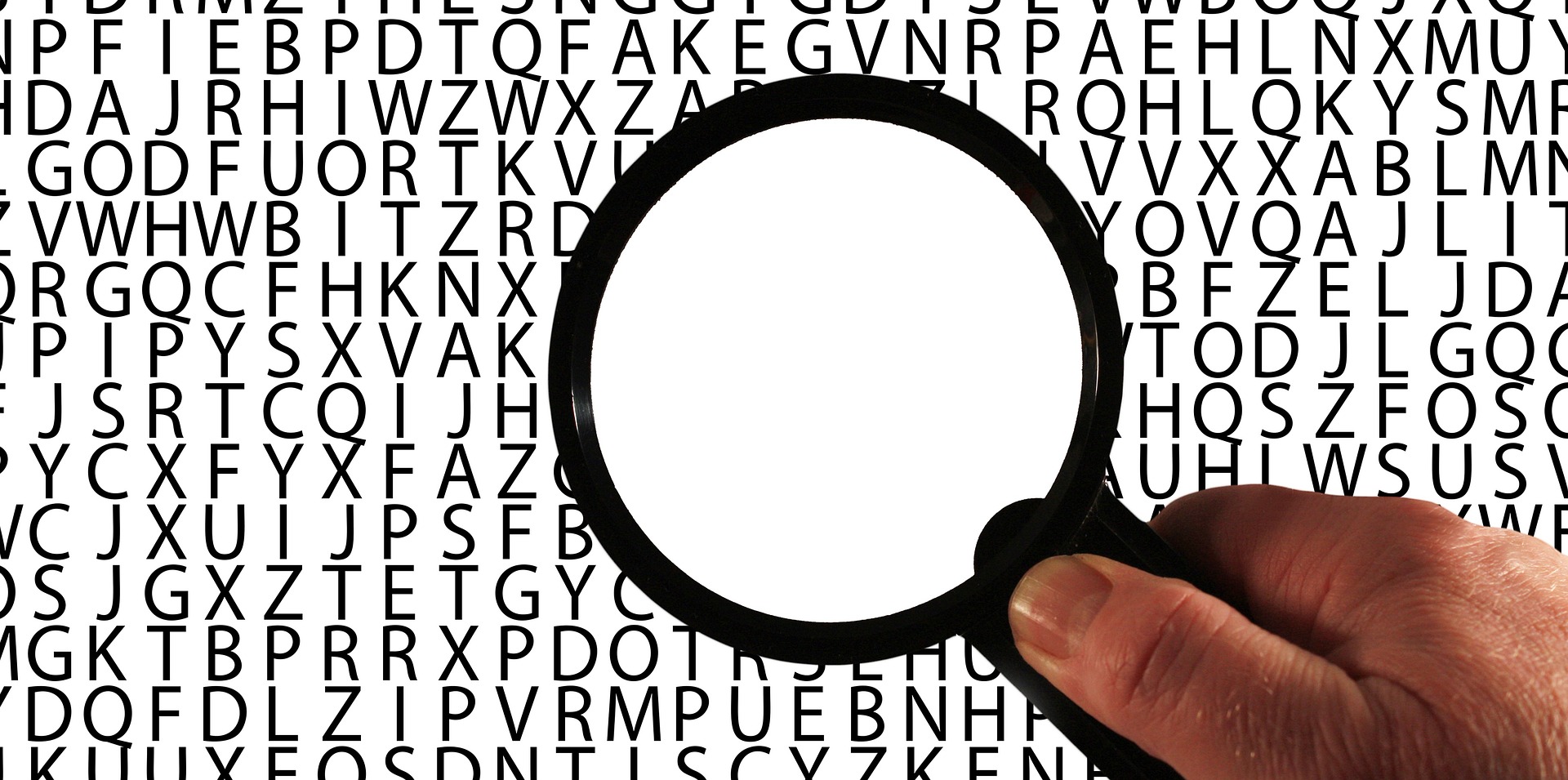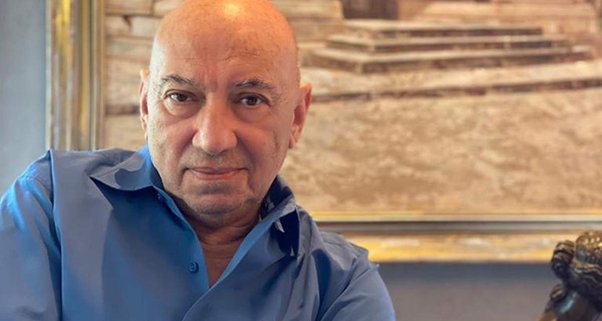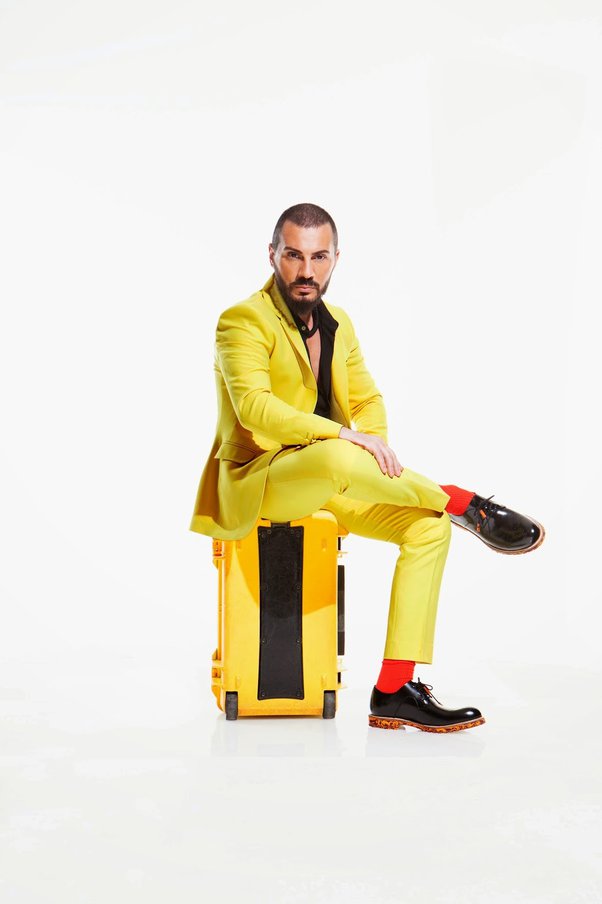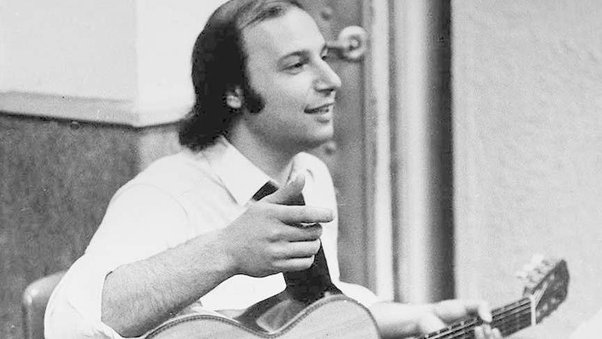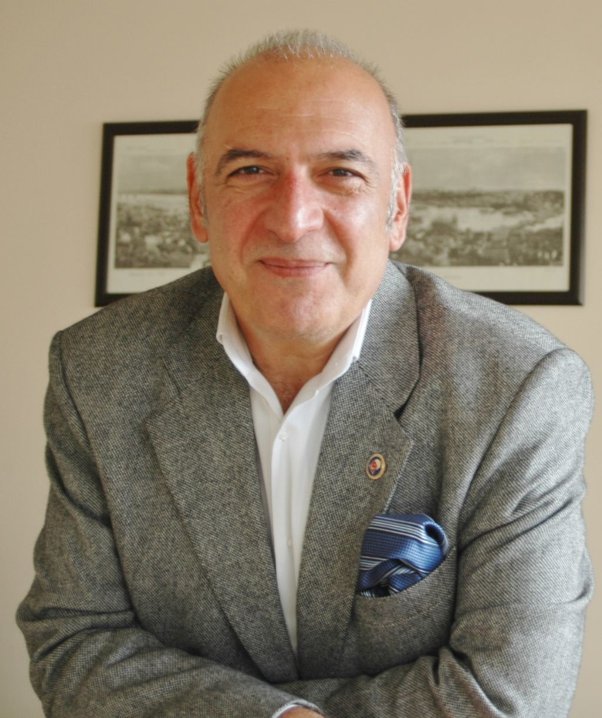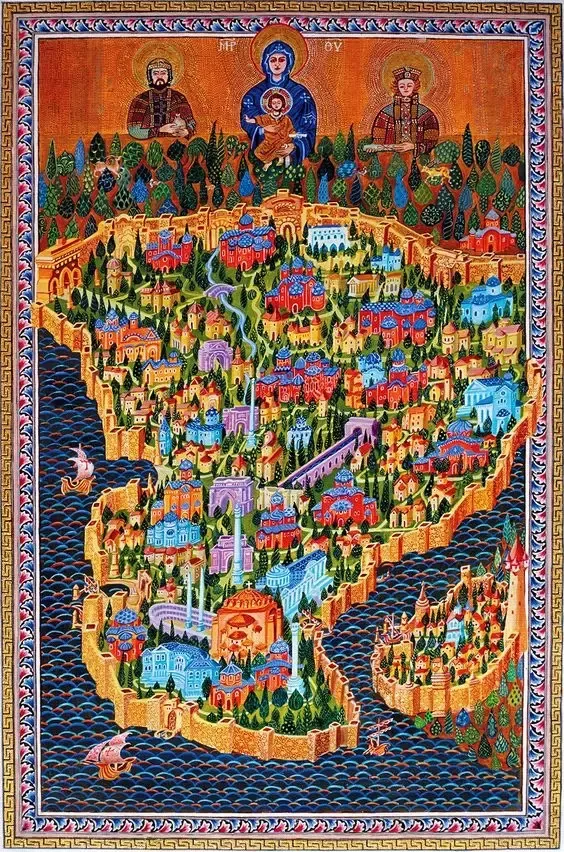Turks and Afghanis were always good at their relationship. Even there is an idiom in Afghanistan.
“no Afghan was ever killed by a Turkish bullet and no Afghan trained by Turks has ever betrayed his country.”
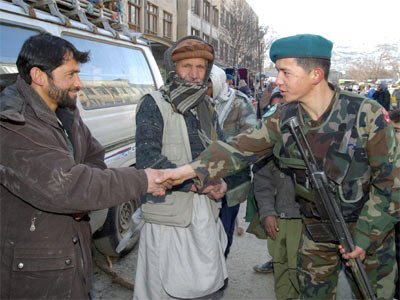
They trust Turks. Turks loves and determined to protect them. After the NATO intervention in Afghanistan, the Turks who went there as NATO peace force have been saluted as saviors. And Americans knew that since they needed to carry TURKISH FLAG patches on their uniforms in order to avoid an Afghan attack on them.
Turks never shot a bullet in Afghanistan. They never had to. Afghanistani people put Turkish flags in their homes.
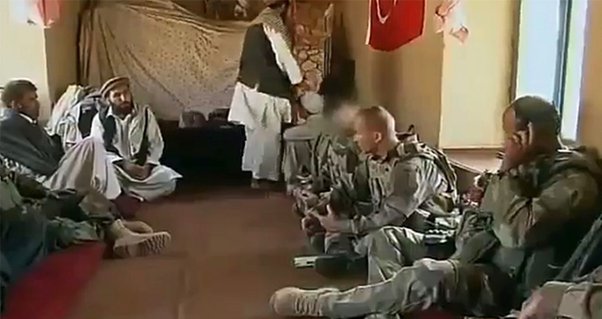
After the war, Turks have provided security and training also aids to Afghanistani people.
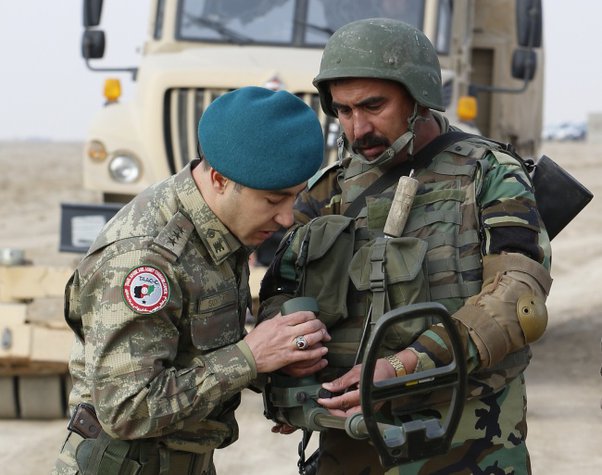
Not only military, also civillian help has been provided.
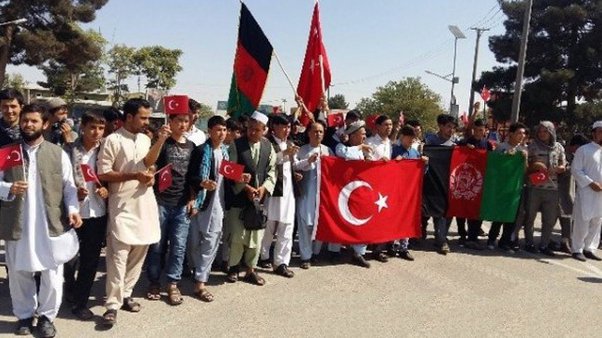
They sent their female officers to only Turkey. Not somewhere else…
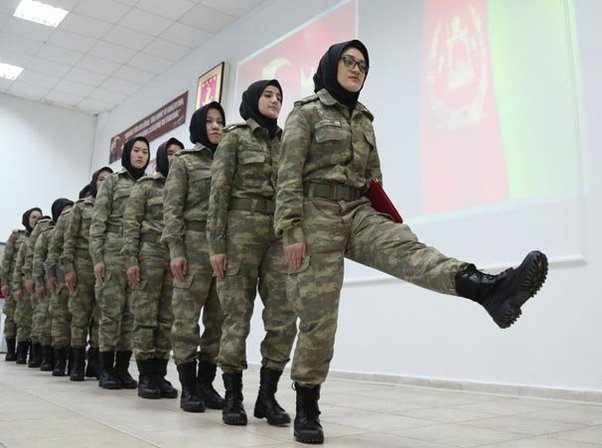
So what I can say is that, maybe ordinary Turkish citizens do not know much about Afghanistan, they don’t focus or care about them but by the State logic, Turks and Afghans are so close due to close historical and ethnic ties…
Orhan Abuska wrote on Quora


